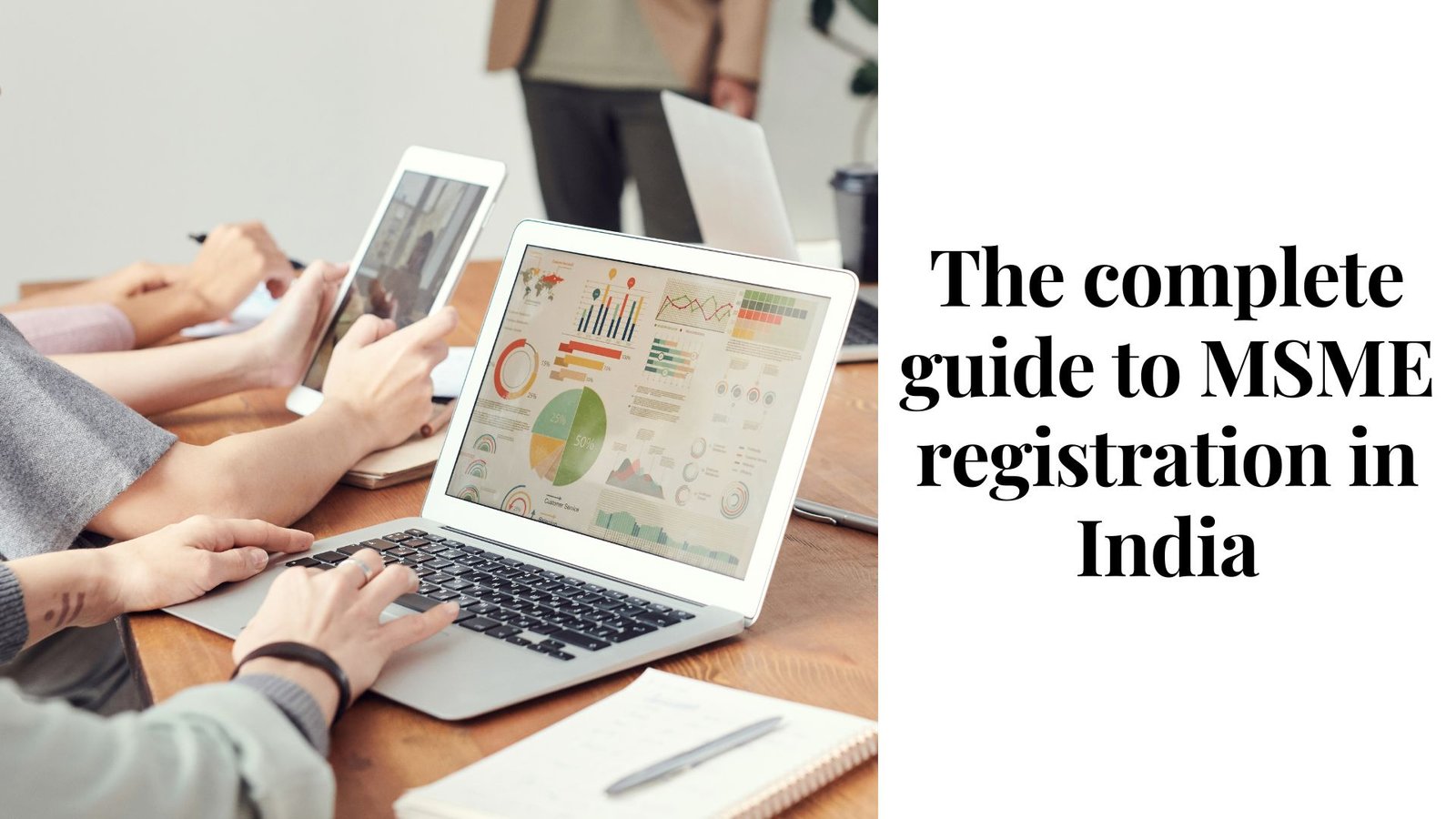The MSME sector, also known as micro, small, and medium-sized businesses, is the backbone of the Indian economy. It gives our economy the resilience it needs to withstand adversity on a global scale.
To participate in the MSME sector in India, an MSME registration is required. According to MSME regulations, a business must register as an MSME regardless of whether it is in the manufacturing or service sectors.
In terms of taxation and financial opportunities to expand the firm, MSME registration offers various advantages to the companies. Let’s take a closer look into MSME registration in India.
Micro, Small, and Medium-Sized Enterprises Definition
The scale of a business in terms of the investments made in it must be determined as part of the MSME registration process. The cost of machinery, equipment, or a facility was the basis for the former MSME classification.
These low investment requirements frequently impede growth, which causes the need for adjustment of the MSME classification to increase over time.
The government amended the Aatmanirbhar Bharat Abhiyan classification standards with the aforementioned issues in mind.
The distinction between the manufacturing and service sectors has been eliminated, and the classification now takes annual turnover and investment into account.
The introduction of MSME Registration was done for this reason as well!
All businesses that meet the criteria for MSMEs as stated in the MSMED Act are required to get MSME Registration, also known as Udyam Registration. MSMEs that register can take advantage of government programmes designed to help them grow and thrive. The previous MSMEs UAM registration has been replaced by the Udyam Registration, which in turn has replaced the EM II registration. Therefore, Udyam Registration is required for businesses that meet the criteria for MSMEs but have not yet applied for MSME registration or have applied for the outdated EM II or UAM registrations.
What advantages come with MSME registration?
- Individuals can more easily access bank loans at interest rates that are significantly lower than those of standard loans thanks to MSME registration.
- The MSME Act makes businesses that have received an MSME certificate eligible for tax exemption.
- Registered MSMEs are highly demanded for various government licences and certificates.
- A business can easily get loans and credit facilities by completing the MSME registration.
- A registered MSME is also reimbursed for the costs associated with ISO certification.
- Additionally, it permits the MAT (Minimum Alternate Tax) credit to be carried forward for fifteen years.
- The overall cost of obtaining a product patent or establishing an enterprise is reduced as a result of different discounts and rebates following MSME registration.
- It makes it simpler to obtain government contracts. This is because accessing e-tenders is made easier by the Udyam registration portal’s connection to the government e-marketplace.
What paperwork is needed for MSME registration?
In order to register as an MSME, the business entity must submit a variety of documentation. These consist of:
- Proof of a business address
- Copy of the sales and purchase invoices
- Memorandum of Association, Partnership Deed, and Articles of Association
- Copies of the bills and licenses for the equipment purchased for use
Eligibility in India for MSME Registration
MSMEs need to meet the requirements outlined in the MSMED Act in order to receive Udyam Registration. Based on their net turnover and net investment, these criteria identify micro, small, and medium firms.
Micro Enterprises: Net turnover of more than Rs. 5 crores and net investment in plant, machinery, or equipment up to Rs. 1 crore
Small Enterprises: 10 crores in net investment in machinery or equipment, and 50 crores in net revenue.
Medium Enterprises: 50 crores in net investment in machinery or equipment, and 250 crores in net revenue.
Suggested Read: Online MSME Registration


